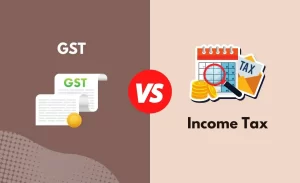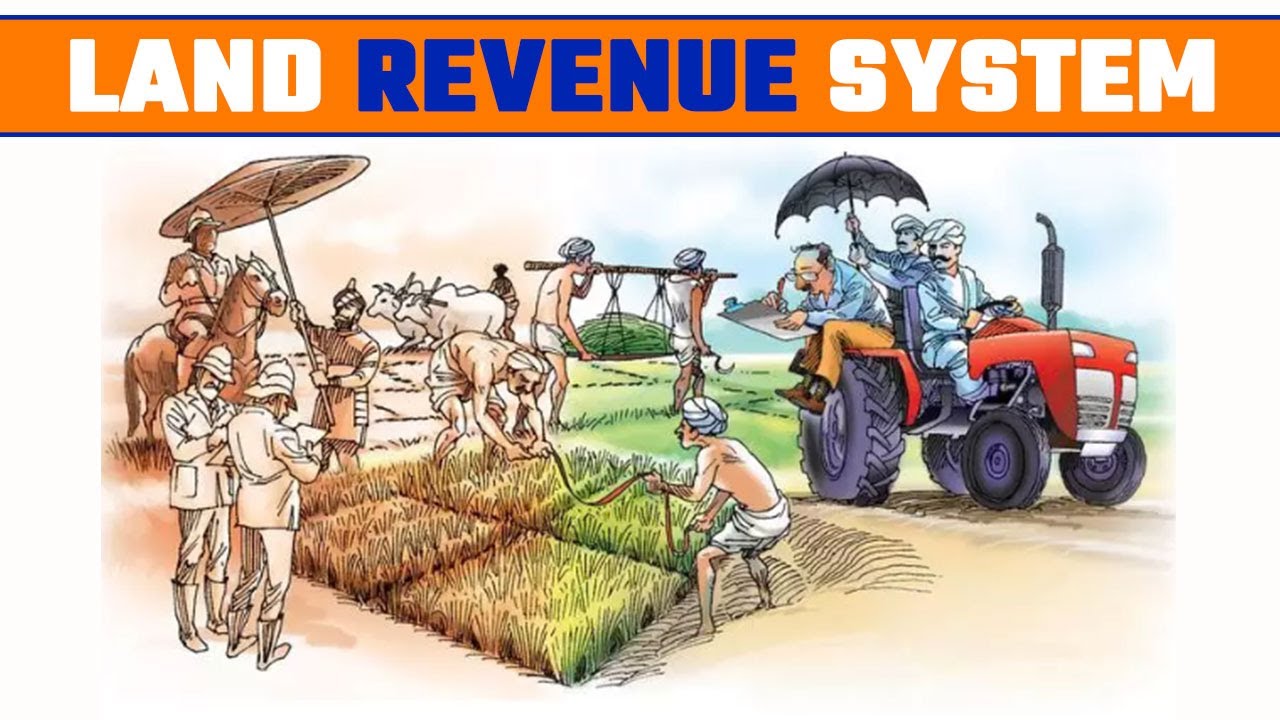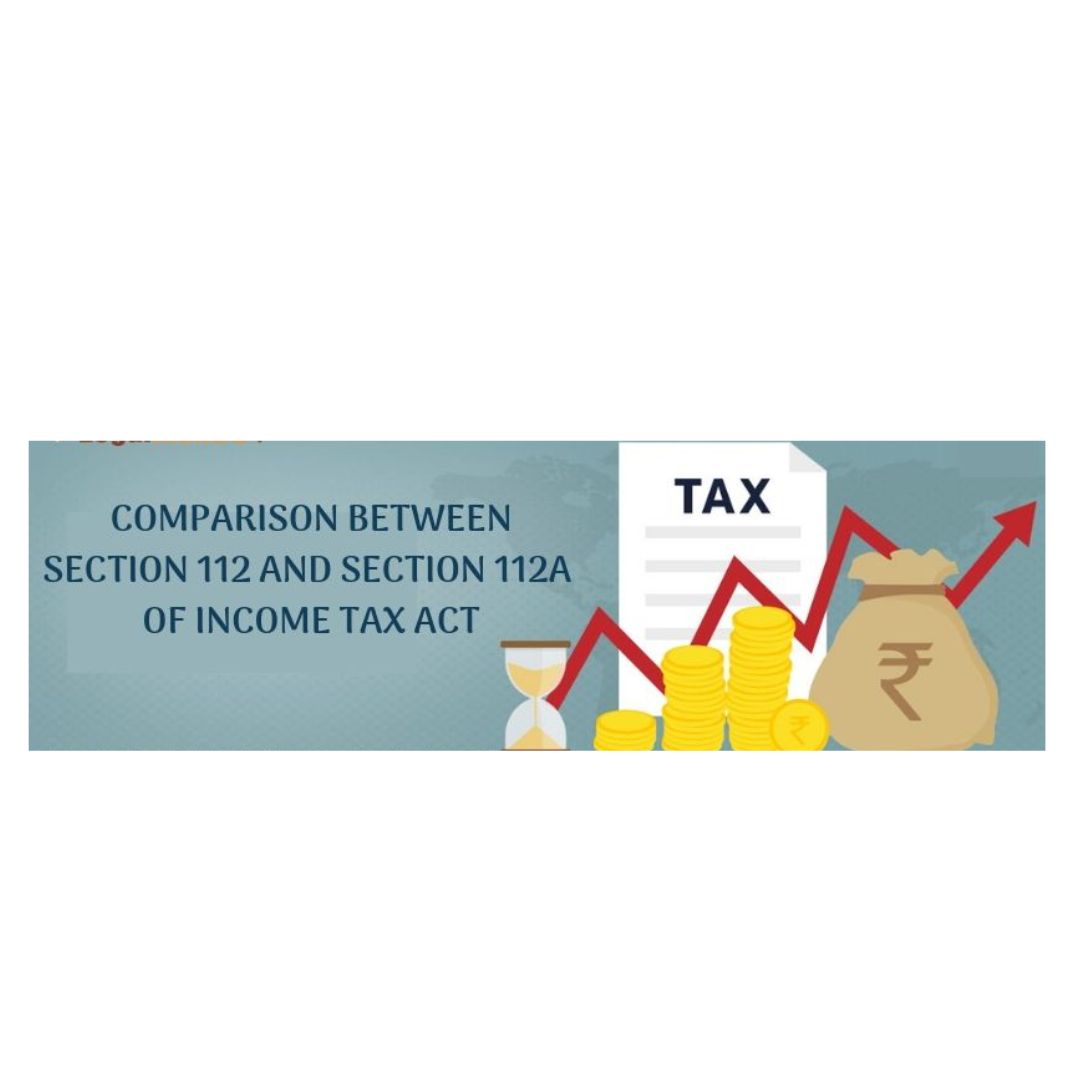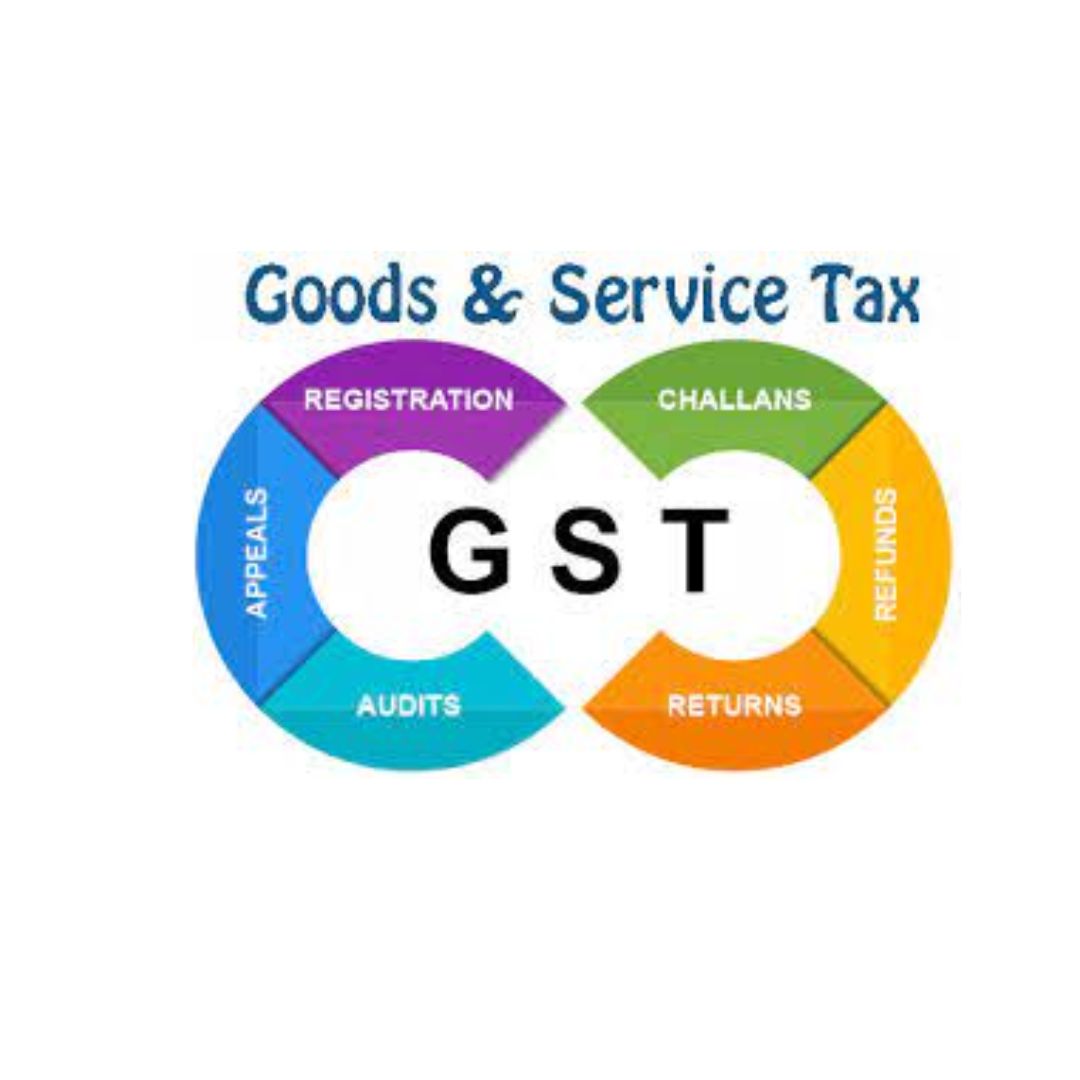What is difference between accrued expense and outstanding expense?
Accrued expense definition Accrued expense definition, Accrued expense and outstanding expense are both terms relate to expenses that are incur but not yet paid. However, there is a difference between the two terms: Accrued expense An accrued expense is an expense that has been generate but not yet paid, and has not been record in… Read More »








